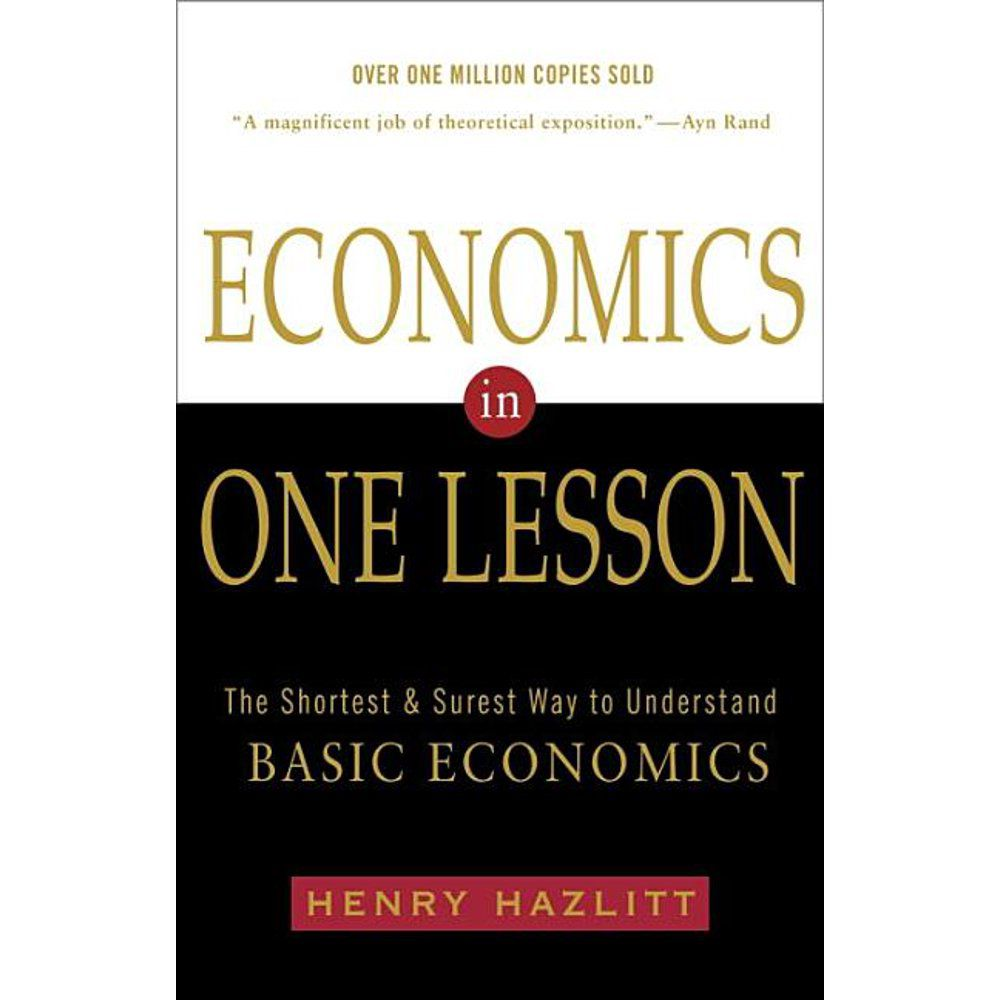Stefanie Stantcheva, a distinguished professor at Harvard, has recently been awarded the prestigious John Bates Clark Medal for her groundbreaking contributions to economics. Recognized as one of the leading under-40 economists, she has significantly advanced the fields of public finance and tax policy innovation. In her research, Stantcheva illustrates how economic behavior is profoundly shaped by taxation, with significant implications for innovation and growth. Her recent studies demonstrate that while higher taxes may stifle the quantity of innovation, they do not necessarily compromise its quality. This recognition celebrates Stantcheva’s continued efforts to unravel the complexities of economic behavior and tax policy, marking her as a pivotal figure in modern economic thought.
Stefanie Stantcheva stands out as a remarkable economist whose insights are reshaping our understanding of financial systems and taxation. Awarded the John Bates Clark Medal, she highlights the intricate dynamics between fiscal policies and their influence on innovation and economic activity. Through her acclaimed work, she explores how different tax structures can either foster or hinder economic growth and creative endeavors. Stantcheva’s research sheds light on vital issues such as public finance and societal economic behavior, ensuring her place at the forefront of scholarly economic debate. As she continues her investigation into the relationship between emotions and economic policies, Stantcheva invites a broader discourse on the implications of her findings for future policy design.
Stefanie Stantcheva: A Pioneer in Tax Policy
Stefanie Stantcheva’s groundbreaking work in tax policy has established her as a leading voice in contemporary economic discourse. Awarded the prestigious John Bates Clark Medal in 2025, her research delves into the intricate relationship between taxation and economic innovation. By analyzing how tax systems can either foster or stifle innovation, Stantcheva has shed light on a critical aspect of public finance—one that has far-reaching implications for economic behavior. Her insights highlight that thoughtfully designed tax policies can motivate individuals and businesses to innovate, thereby enhancing economic growth.
In her seminal paper, “Taxation and Innovation in the 20th Century,” Stantcheva, alongside her co-authors, revealed that the elasticity of innovation in response to tax policy changes is significantly high. This finding underscores the powerful role that tax regulations play in shaping economic outcomes. Higher taxes, while potentially necessary for funding public services, can negatively impact the overall level of innovation, as firms may be deterred from investing in research and development. Stantcheva’s work not only enriches our understanding of economic behavior but also equips policymakers with essential insights for crafting effective tax strategies.
The Impact of Tax Policy on Economic Innovation
Tax policy acts as a double-edged sword in the realm of economic innovation. On one hand, well-structured tax incentives can encourage businesses to adopt new technologies and invest in research activities. On the other hand, excessive taxation may inadvertently stifle creativity and innovation due to reduced profit margins. Stantcheva’s research confirms that tax structures need to strike a delicate balance to promote sustained economic advancement. Her findings advocate for a nuanced approach to public finance where policymakers are mindful of how their decisions can influence the innovation landscape.
Furthermore, Stantcheva’s exploration of economic behavior in relation to taxation emphasizes the need for a tax system that not only raises revenue but also drives social and economic progress. The implications of her work stretch beyond theoretical economics; they resonate profoundly with individuals and businesses navigating the complexities of today’s financial environment. By fostering a tax system that nurtures innovation, societies can unleash the full potential of their economic resources, thereby creating a vibrant ecosystem that supports continuous development.
Celebrating Economic Excellence at Harvard
The recognition of Stefanie Stantcheva with the John Bates Clark Medal highlights the extraordinary caliber of economic scholarship at Harvard. Her accolades are not only a personal triumph but a testament to the strength of the Harvard economics department, which has a proud tradition of producing influential thinkers in the field of public finance. Colleagues and faculty members express pride in Stantcheva’s achievements, reflecting the collaborative spirit that drives the department’s mission of academic excellence.
Harvard has long been a breeding ground for innovative economic thought, with past winners of the Clark Medal often making significant contributions to the understanding of complex economic issues. Stantcheva’s recognition reaffirms the university’s commitment to cultivating young scholars who are poised to tackle pressing economic challenges. As society continues to grapple with issues such as tax reform and its economic implications, Harvard’s ongoing investment in pioneering research exemplifies its vital role in shaping the future of economics.
Exploring Public Finance and Economic Behavior
The field of public finance grapples with the design and efficacy of tax systems—issues that are at the forefront of Stefanie Stantcheva’s work. By examining how different tax policies influence individual and corporate behavior, her research provides essential insights into how public finance can be optimized to benefit society as a whole. Stantcheva’s approach emphasizes the vital connection between economic behavior and informed tax policy, which has significant implications for shaping future public policy.
Moreover, Stantcheva’s focus on how emotions and perceptions affect economic decision-making enhances our understanding of public finance. Her commitment to exploring the interplay between psychology and economics devises a richer narrative of how people engage with tax systems. The findings from such interdisciplinary research are crucial for crafting policies that not only align with economic theory but resonate with the realities and sentiments of taxpayers.
Innovation Through Tax Policy: Insights from Stantcheva
One of the landmark contributions of Stefanie Stantcheva’s work is illuminating how tax policy directly influences innovation within an economy. In her research, she underscores that tax incentives can foster a culture of innovation, encouraging businesses to allocate resources toward research and development. This insight is particularly timely given the growing importance of technology and innovation in driving economic growth. The relationship between taxes and incentives is one that policymakers must consider when designing effective tax frameworks.
Stantcheva’s study indicates that while higher tax rates may deter the quantity of innovation—prompting businesses to limit spending on new ideas—the quality of inventions can remain unaffected. This suggests that policymakers can design tax systems that promote innovation without compromising the caliber of products or services produced. By emphasizing the need for a balanced approach, her work calls for careful consideration of how tax policies can be crafted to stimulate innovation while ensuring the sustainability of economic growth.
Stantcheva and the Future of Economic Research
Stefanie Stantcheva’s illustrious career trajectory is marked by her commitment to advancing economic research, particularly in the realms of public finance and taxation. As the founder of the Social Economics Lab, she has fostered an environment where innovative ideas are explored and developed. The Lab’s mission to investigate the intersection of economic behavior, policy, and societal impact not only reflects her visionary approach but also underscores the importance of addressing contemporary economic challenges.
Looking forward, Stantcheva’s ongoing research is poised to address critical issues spanning trade, immigration, and climate change. By exploring how these factors intertwine with economic policy, she aims to contribute to solutions that promote sustainable economic development. The forward-thinking nature of her work is indicative of the evolving landscape of economics, where understanding human behavior is increasingly recognized as pivotal to effective policy formulation.
The Importance of Emotion in Tax Policy
Stefanie Stantcheva has begun to explore a relatively novel dimension in economics—the influence of emotions on economic decisions and policy acceptance. This research initiative within her Social Economics Lab seeks to unravel how emotional responses to taxation and economic policies can significantly affect public behavior and decision-making processes. Understanding this interplay provides valuable insights for designing tax systems that not only maximize revenue but also garner public support.
By recognizing the human element in economic interactions, Stantcheva’s work advocates for tax policies that align with the values and sentiments of the populace. This approach is crucial, especially in times of socioeconomic uncertainty, where public confidence in tax systems can influence compliance and overall economic stability. Thus, her research encourages economists and policymakers to adopt a more holistic view of economic phenomenon that incorporates emotional factors alongside traditional economic indicators.
Celebrating Contributions to Harvard Economics
The celebration of Stefanie Stantcheva’s achievements serves as a reminder of the vital contributions made by Harvard economists to global economic discourse. As an influential figure in public finance, Stantcheva joins the ranks of distinguished scholars whose work has reshaped our understanding of complex economic systems. The recognition received through the John Bates Clark Medal signifies not only personal achievement but also reflects the collective excellence fostered within the Harvard faculty.
Amidst a community that celebrates intellectual achievements, Stantcheva’s recognition encourages collaboration among peers and the pursuit of innovative research. The collective success achieved by those at Harvard reinforces the notion that impactful economic thought is often the result of shared ideas and interdisciplinary efforts. As the field of economics continues to evolve, the ongoing contributions of faculty like Stantcheva will undoubtedly play a crucial role in shaping future economic policies and enhancing our understanding of economic behaviors.
Frequently Asked Questions
Who is Stefanie Stantcheva and why was she awarded the John Bates Clark Medal?
Stefanie Stantcheva is a renowned economist at Harvard and the Nathaniel Ropes Professor of Political Economy. She was awarded the John Bates Clark Medal in 2025 for her groundbreaking insights into public finance and tax policy, particularly her work on how tax policies influence economic behavior and innovation.
What are Stefanie Stantcheva’s main contributions to tax policy innovation?
Stefanie Stantcheva has made significant contributions to tax policy innovation by examining the relationship between taxation and economic behavior. In her 2022 paper, she demonstrated that changes in tax policy significantly impact innovation, with higher taxes discouraging the quantity of innovation while not affecting its quality.
How does Stefanie Stantcheva view the impact of tax systems on the economy?
Stefanie Stantcheva believes that tax systems are powerful tools that can either promote or hinder economic activity. She emphasizes that well-designed tax policies can encourage innovation, whereas poorly structured taxes can stifle economic growth.
What research topics does Stefanie Stantcheva explore at the Social Economics Lab?
At the Social Economics Lab, Stefanie Stantcheva explores a variety of important topics including trade, immigration, climate change, and social mobility. Her recent projects also investigate the emotional factors that influence economic decisions and public policies.
Why is the John Bates Clark Medal significant in the field of economics?
The John Bates Clark Medal is a prestigious award given annually by the American Economic Association to an economist under 40 who has made significant contributions to the field. It recognizes young scholars whose work has the potential to shape and influence the future of economics, including areas like public finance and tax policy innovation.
What insights did Stefanie Stantcheva provide regarding taxation and innovation in her research?
In her key research paper, Stefanie Stantcheva found that taxation has a high elasticity regarding innovation; higher taxes negatively impact the quantity of innovations but do not diminish their quality. This insight highlights the importance of tax policy design in fostering economic progress.
What recognition has Stefanie Stantcheva received for her work in public finance?
Stefanie Stantcheva has been recognized for her extensive research in public finance, leading to her being awarded the John Bates Clark Medal in 2025. Her colleagues laud her impactful contributions and the relevance of her work on contemporary economic challenges.
| Key Points |
|---|
| Stefanie Stantcheva awarded the 2025 John Bates Clark Medal for significant contributions to economics. |
| Recognized for pioneering insights on tax policy, innovation, and economic behavior. |
| Her research reveals that tax systems can either encourage or discourage economic activity depending on their design. |
| Co-authored a paper showing high elasticity of innovation response to tax policy changes. |
| Higher taxes negatively impact the quantity of innovation, but not the quality of inventions. |
| Founded the Social Economics Lab in 2018, focusing on economic issues like trade and social mobility. |
| Currently exploring the relationship between emotions and economic policymaking. |
Summary
Stefanie Stantcheva has made remarkable strides in the field of economics, recently being honored with the prestigious John Bates Clark Medal. This recognition emphasizes her innovative research on tax policy and its extensive implications for economic behavior. By highlighting the crucial relationship between taxation and innovation, Stantcheva’s work not only contributes to academic discourse but also provides insights that could shape future economic policies. Her continued commitment to understanding economic principles through projects at the Social Economics Lab ensures that she will remain a pivotal figure in rethinking economic strategies.


